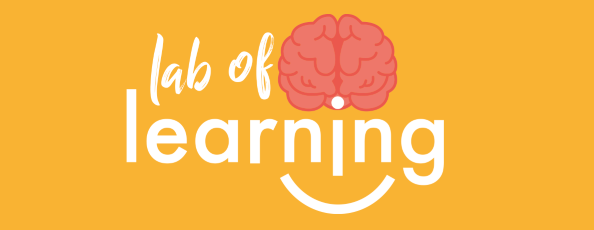March 2025
Dr. Smiddy Niewenhuis defended her dissertation titled A Comprehensive Investigation Into The Effects of Mindset: Bridging Behavioral, Physiological, and Neural Levels. During her PhD project, she investigated mindset in various samples and approaches, using various measurement levels to capture mindset and mindset-related domains, such as computer tasks, EEG and resting state fMRI, and questionnaires.
The full dissertation can be accessed here.
November 2024
Dr. Nil Horoz defended her dissertation titled Towards a more holistic understanding of inequalities in childhood: A multi-context approach to parental education and child development. During her PhD project, she investigated developmental differences between children growing up in families and schools with higher and lower socioeconomic status (SES). To do so, she used longitudinal data including measures of social, emotional, behavioral, and motivational development.
You can read more about the dissertation here. The full dissertation can be accessed here.
January 2024
Nienke van Atteveldt and Tieme Janssen have been awarded a Proof of Concept (PoC) grant of 150,000 euro by the European Research Council (ERC) for the project Explore Your Brain 2.0: a maximally effective, usable and scalable growth mindset intervention to break through adolescents’ declining rates of motivation and school achievements. This PoC grant is based on the ERC Starting Grant “BRAINBELIEFS”, in which the research team found that showing students the influence they have over their brains can stimulate a growth mindset.
Van Atteveldt and Janssen explain the rationale behind the project here (available in Dutch and English).
April 2022
On April 8, 2022, Nienke van Atteveldt gave her inauguration speech, with which she publicly accepted her University Research Chair full professor position Neuroscience and Society: Mind Brain and Education. In her speech, she argued that together, we should put more emphasis and value on *learning* versus achieving. In school, in academia, and in society. The recording can be watched through this YouTube link, and the digital book can be downloaded here (speech in Dutch).
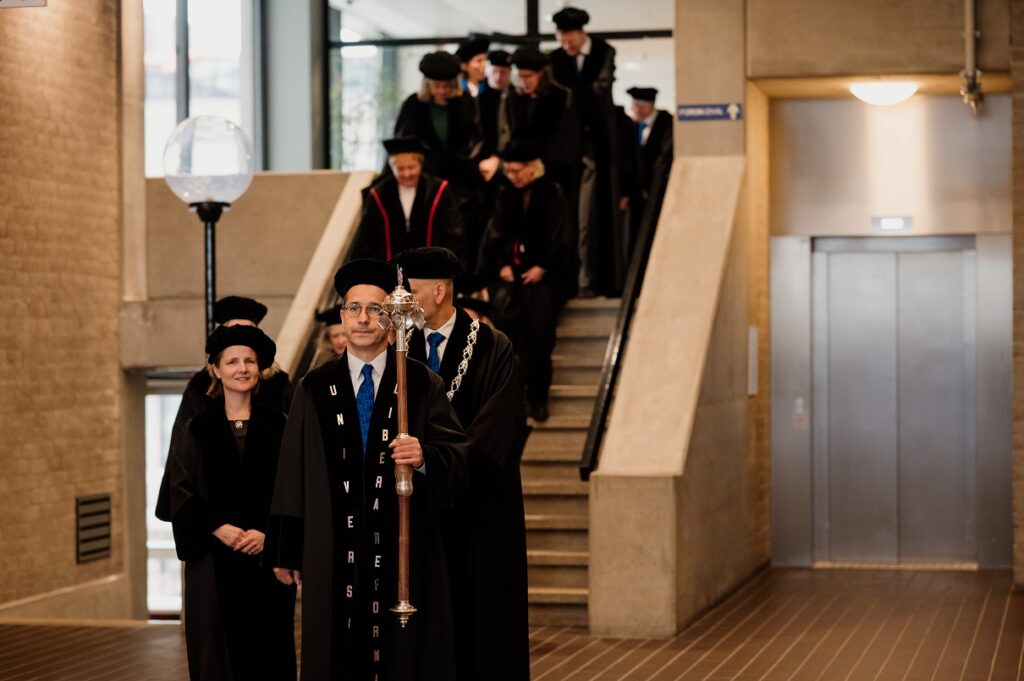
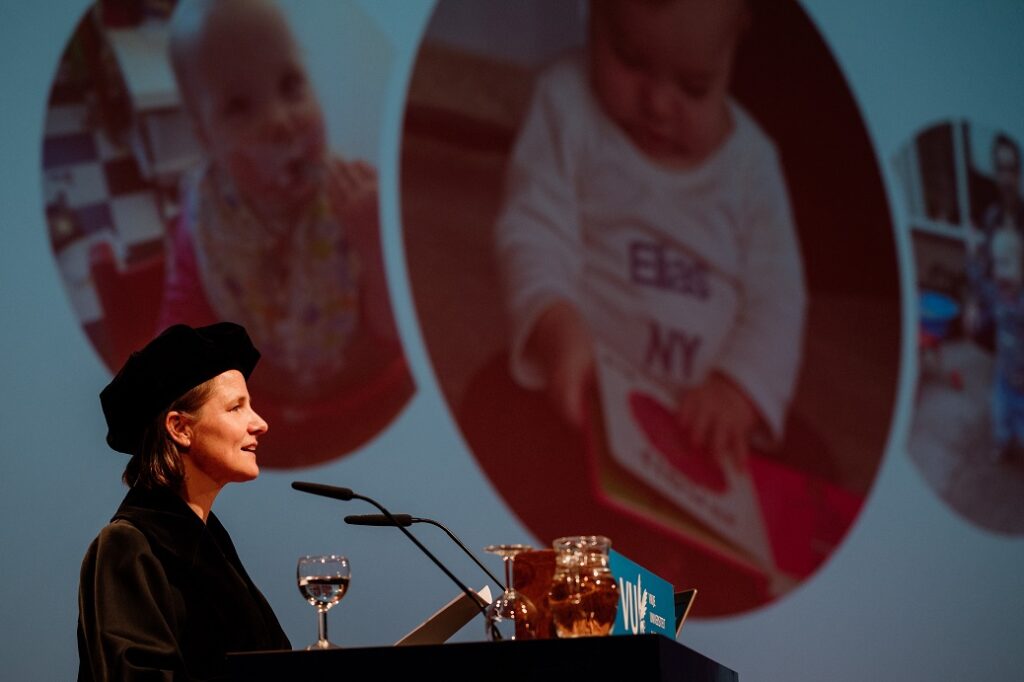
March 2022
Since September 2019, our own Nienke van Atteveldt has co-chaired the International Science and Evidence Based Education (ISEE) Assessment, an initiative of the UNESCO Mahatma Gandhi Institute of Education for Peace and Sustainable Development (MGIEP). The multi-disciplinary project brought together over 300 scientists and experts from 45 countries with the aim to asses the state of education as a complex system and its role in achieving sustainable and peaceful societies. The resulting report emphasizes that receiving a personalized learning experience is a human right for every student. Re-envisioning the future of education should include a whole-brain learner-centric approach to learning to nurture not only cognition, but its interconnectedness with social-emotional and metacognition domains, which is important for human flourishing. Another recommendation for education policy is to put a stronger emphasis on evaluating learning success as self-growth over time, to acknowledge every student’s unique learning potential and ways to maximize it. Want to read more? Reimaging Education: The International Science and Evidence Based Education Assessment and Summary for Decision Makers can be found here.
Below are two photos of the presentation of the report at UNESCO’s headquarters in Paris on March 22nd.
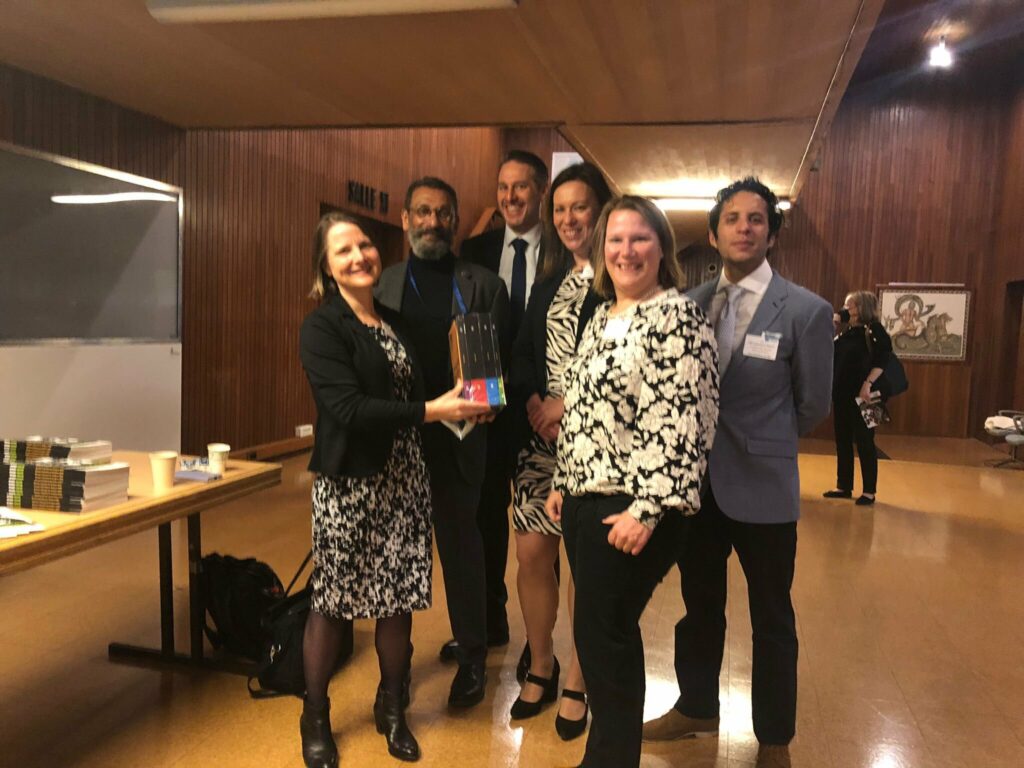
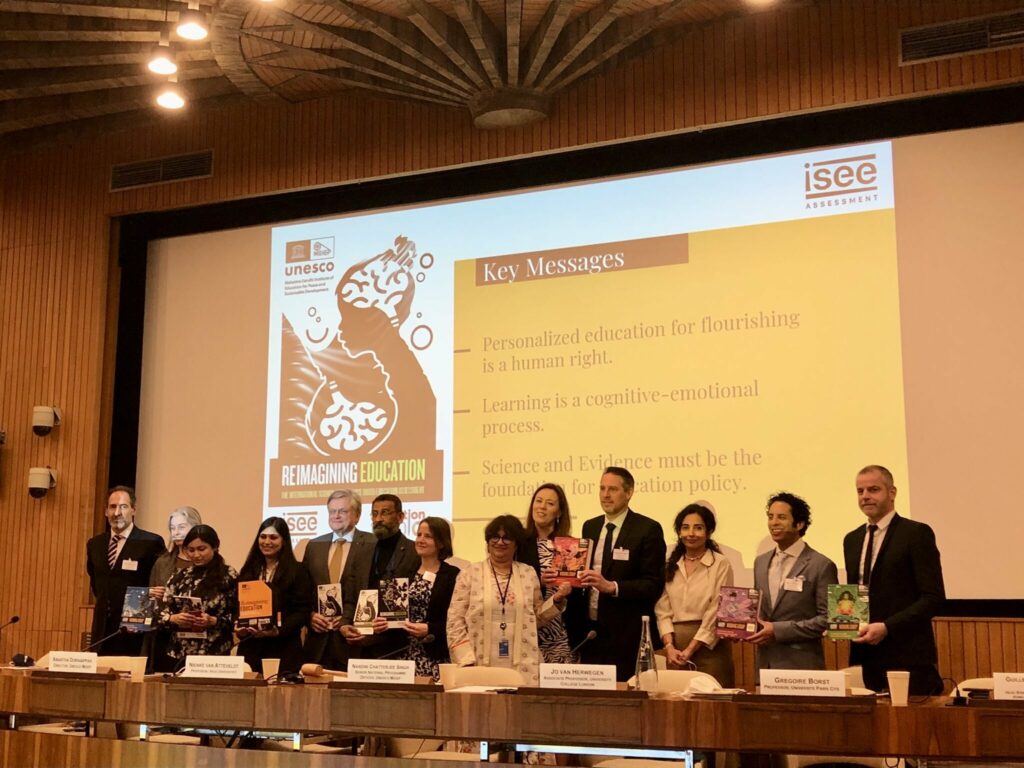
March 2022
Recently, we have invited the participants of our research project on the developmental interplay between mindset, functional brain networks, and school trajectories to attend one of two digital Q&A sessions. In these sessions, we presented some of our preliminary findings and participants and their parents/caregivers were given the opportunity to ask questions regarding the project, brain imaging techniques, and what it is like to work in research. Click on the video below to view our invitation to the Q&A sessions and hear about some interesting results with regards to students’ mindset and their decisions to challenge themselves while performing an arithmetic task (video is in Dutch).

